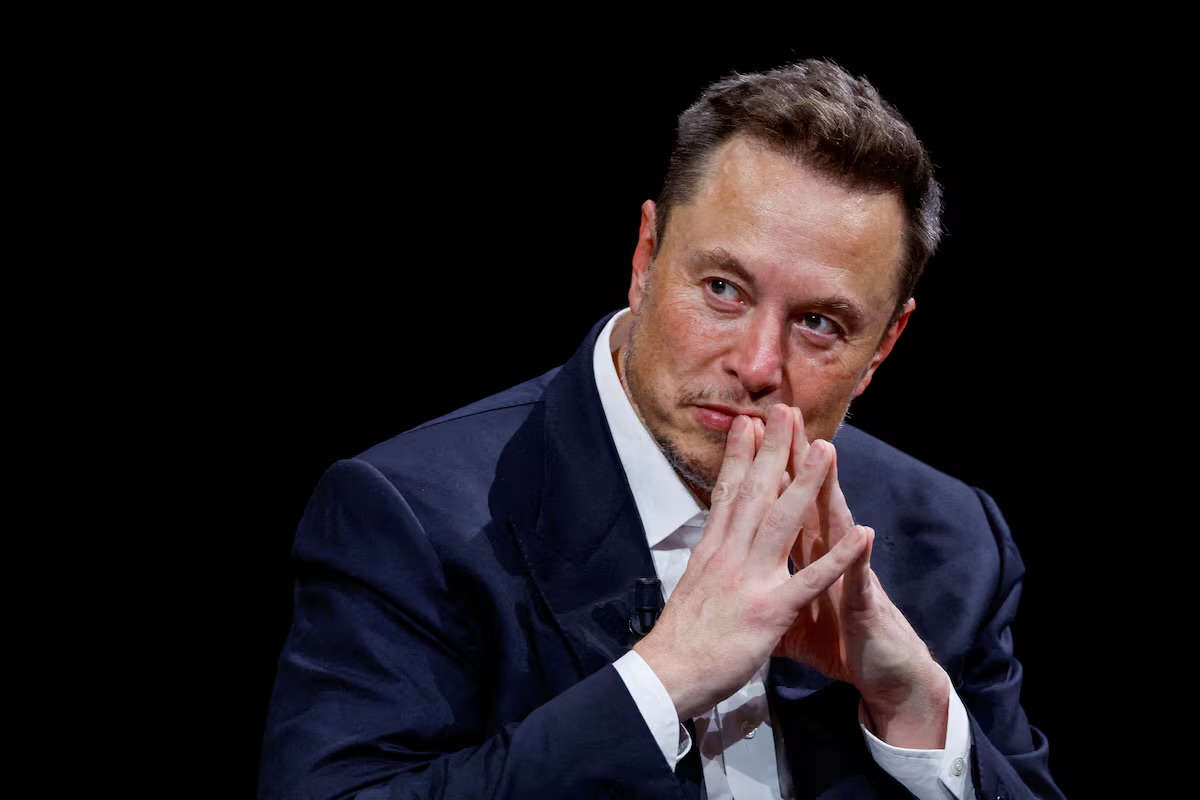Tesla shareholders have overwhelmingly voted to approve CEO Elon Musk’s record-breaking $878 billion compensation package, backing him to lead the company toward a projected market valuation of $8.5 trillion within the next decade.
More than 75 percent of shareholders supported the proposal during the company’s annual meeting in Austin, Texas, prompting loud cheers from the audience. The vote underscored investor faith that Musk remains central to Tesla’s future in artificial intelligence, self-driving vehicles, and robotics.
“I’d like to thank the Tesla board for their immense support,” Musk said following the vote. “We have a fantastic board, a fantastic group of shareholders. What we’re about to embark upon is not merely a new chapter in Tesla’s future but a whole new book.”
The approved plan ties Musk’s payout to a series of ambitious performance milestones. To increase his Tesla stake by an additional 12 percent, Musk must:
- Raise Tesla’s market capitalization from $1 trillion to $8.5 trillion by 2035,
- Deliver 20 million new EVs over the next decade,
- Generate 10 million full self-driving subscriptions,
- Deploy 1 million humanoid robots and 1 million robo-taxis, and
- Achieve $400 billion in annual earnings.
The package also requires Musk to remain personally vested in Tesla for at least seven and a half years and to establish a clear succession plan, addressing investor concerns about overreliance on his leadership.
Ahead of the vote, Tesla Board Chair Robyn Denholm and director Kathleen Wilson-Thompson warned in a letter that failure to approve the plan could risk Musk’s departure, noting he had not received significant compensation since 2018 due to litigation over his previous $56 billion pay deal, which was later voided by a Delaware court.
“Without Elon, Tesla could lose significant value, as our company may no longer be valued for what we aim to become,” the board wrote.
Some experts, however, cautioned against Tesla’s growing dependence on Musk. Cornell law professor Charles Whitehead described the situation as a “classic holdup,” while Yale’s Gautam Mukunda argued Musk already owns enough Tesla stock to become the world’s first trillionaire if he meets the company’s goals.
“This is a guy who’s holding a gun to his own head, saying: ‘Give me a trillion dollars,’” Mukunda told Reuters. “It’s not the job of the board of directors to just nod like a bobblehead doll when the CEO asks them for something.”
Musk remains Tesla’s largest shareholder, with a 15.3 percent stake — more than twice that of the next-largest investor, Vanguard Group, which holds 7.52 percent.



















